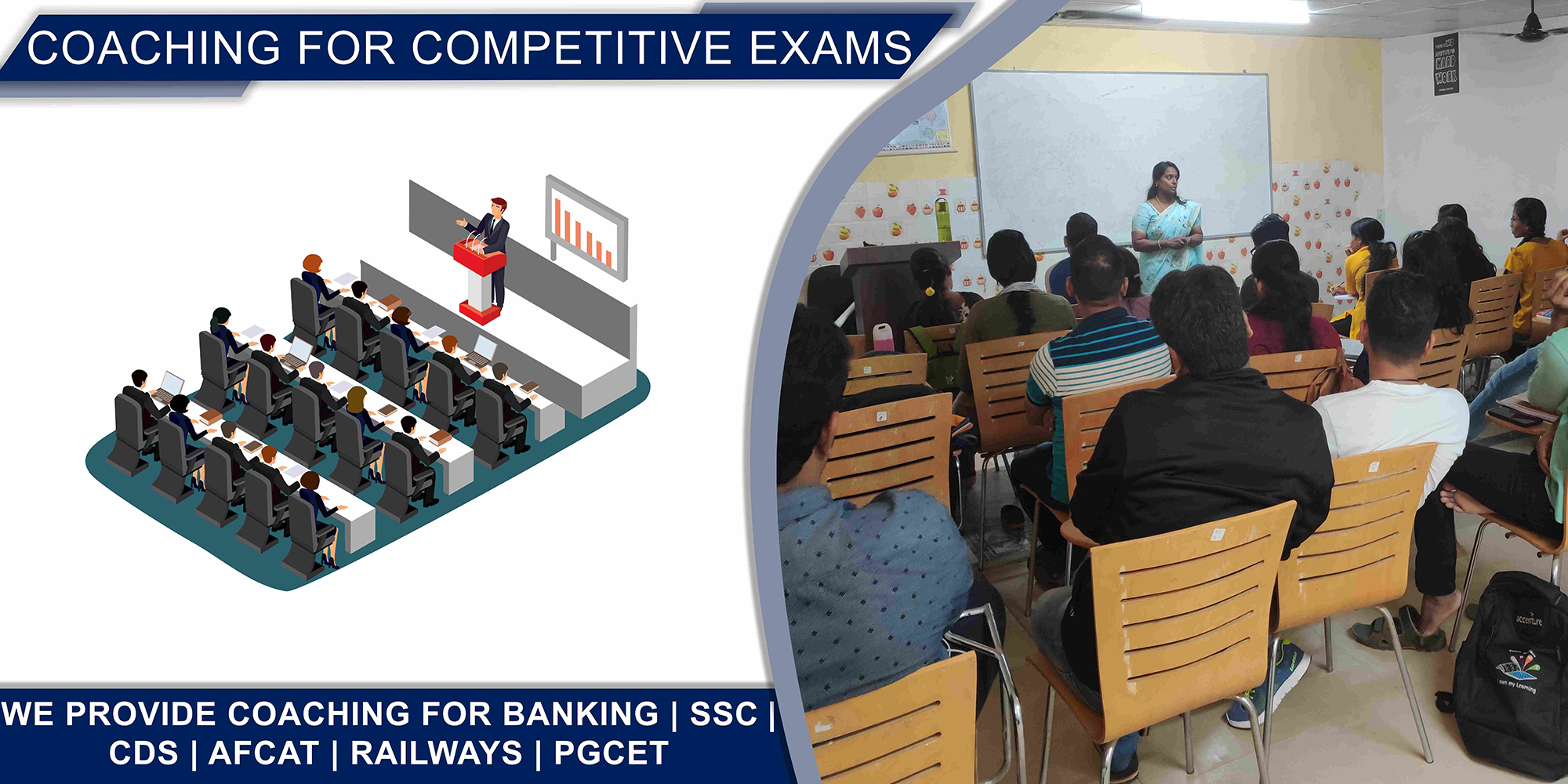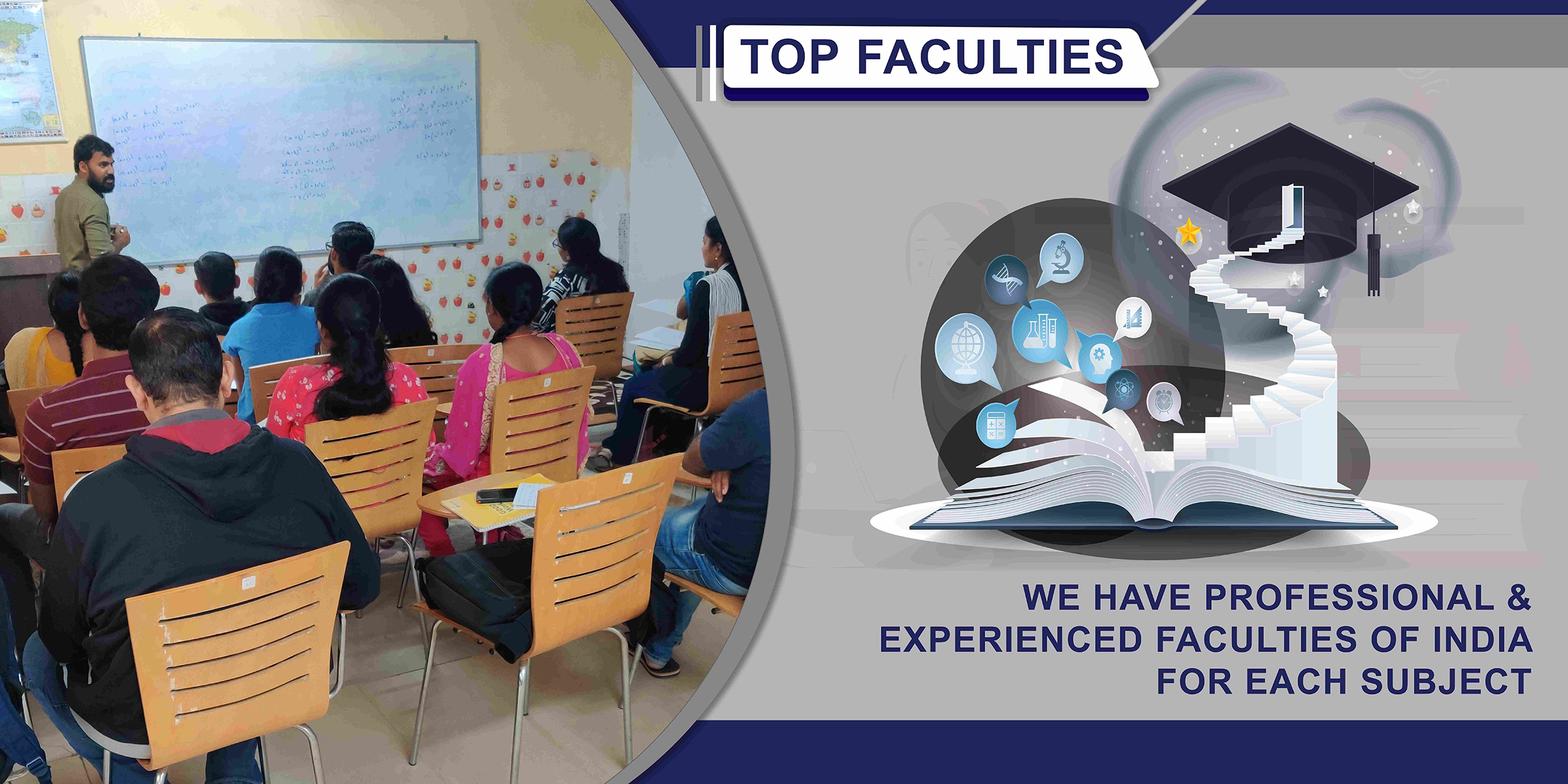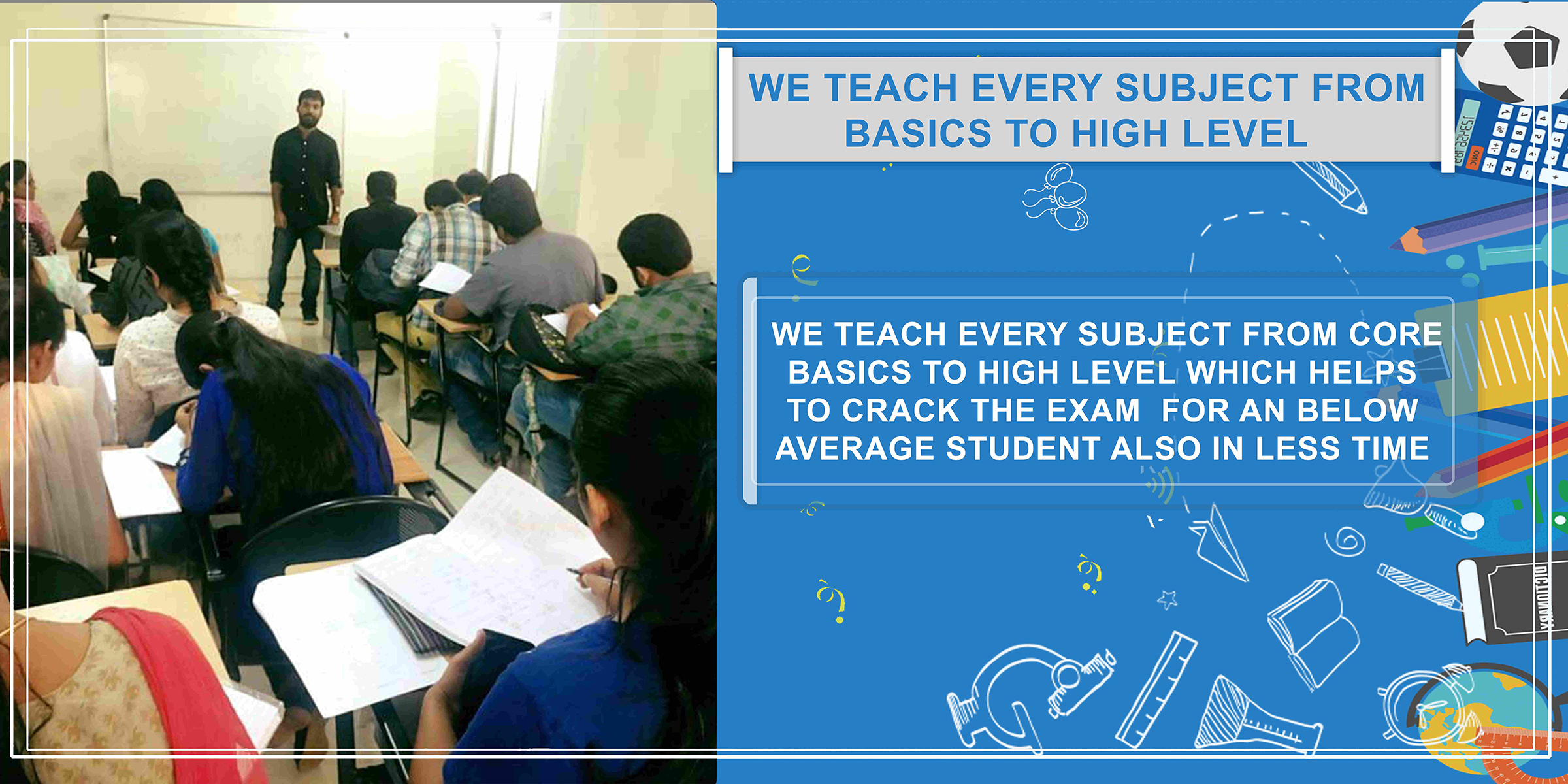- The Election Commission is a permanent, independent body established by the Constitution of India directly to ensure free and fair elections in the country.
- Article 324 of the Constitution provides that the power of superintendence, direction and control of elections to parliament, state legislatures, the office of president of India and the office of vice-president of India shall be vested in the election commission.
- Elections are conducted according to the constitutional provisions supplemented by laws made by Parliament.
- The major laws are Representation of the People Act, 1950, which mainly deals with the preparation and revision of electoral rolls, and the Representation of the People Act, 1951, which deals in detail with all aspects of conduct of elections and past election disputes.
- The electoral system in India in borrowed from the one operating in Great Britain.
- Presently, the Election Commission consists of one Chief Election Commissioner (CEC) and two Election Commissioners.
Note: Since it inception in 1950 and till 15 October 1989, the Election Commission functioned as a single-member body consiting of the Chief Election Commissioner. - By an ordinance of 1993, the power of Election Commissioners have been made equal to those of the Chief Election Commissioner.
- The Commission works under the overall supervision of the Chief Election Commissioner.
- The tenure of the CEC and the Election Commissioners has been fixed as six years, subject to the maximum age limit of 65 years (whichever is earlier).
- The Chief Election Commissioner and the Election Commissioners are placed at par in matters of salary and allowances and they are the same as those of a judge of Supreme Court.
- The Chief Election Commissioner is not eligible for reappointment.
- The Election Commission is not concerned with the elections to Panchayats and municipalities in the states. The elections to the Panchayats and the municipalities in the stat es are conduct ed by ‘State Election Commissions’.
Independence :
Article 324 of the Constitution has made the following provisions to safeguard and ensure the independent and impartial functioning of the Election Commission:
1. The Chief Election Commissioner is provided with the security of tenure. He cannot be removed from his office except in same manner and on the same grounds as a judge of the Supreme Court.
2. The Election Commissioner cannot be removed from office except on the recommendation of the Chief Election Commissioner.
Powers and functions :
1. To determine the territorial areas of the electoral constituencies throughout the country on the basis of the Delimitation Commission Act of Parliament.
2. To prepare and periodically revise electoral rolls and to register all eligible voters.
3. To notify the dates and schedules of elections and to scrutinise nomination papers.
4. To grant recognition to political parties and allot election symbols to them.
5. To act as a court for settling disputes related to granting of recognition to political parties and allotment of election symbols to them.
6. To determine the code of conduct to be observed by the parties and the candidates at the time of elections.
7. To advise the President on matters relating to the disqualification of the members of Parliament.
8. To advise the governor on matters relating to the disqualification of the members of state legislature.
9. To cancel polls in the event of rigging, booth capturing, violence and other irregularities.
10. To register political parties for the purpose of elections and grant them the status of national or state parties on the basis of their poll performance.
- The first Public Service Commission was set up on October 1st, 1926.
- However, its limited advisory functions failed to satisfy the people’s aspirations and the continued stress on this aspect by the leaders of our freedom movement resulted in the setting up of the Federal Public Service Commission under the Government of India Act 1935.
- Under this Act, for the first time, provision was also made for the formation of Public Service Commissions at the provincial level.
The Constituent Assembly, after independence, saw the need for giving a secure and autonomous status to Public Service Commissions both at Federal and Provincial levels for ensuring unbiased recruitment to Civil Services. With the promulgation of the new Constitution for independent India on 26th January, 1950, the Federal Public Service Commission was accorded a constitutional status as an autonomous entity and given the title – Union Public Service Commission. - The UPSC has been established under Article 315 of the Constitution of India. The Commission consists of a Chairman and ten Members.
- The chairman and members of the commission hold office for a term of six years or until they attain the age of 65 years, whichever is earlier.
- It is an independent constitutional body.
Main function of the UPSC :
Recruitment to services and posts under the Union through conduct of competitive examinations.
State Public Service Commission :
A state public service commission consists of a chairman and other members appointed by the governor of the state. But they can be removed only by the President.
It is an independent constitutional body.
The chairman and members of the commission hold office for a term of six years or until they attain the age of 62 years, whichever is earlier.
Main function of the SPSC :
To conduct examinations for appointments to the services of the state.
Joint State Public Service Commission :
The Constitution makes a provision for the establishment of a Joint State Public Service Commission (JSPSC) for two or more states.
A JSPSC can be created by an act of Parliament on the request of the state legislatures concerned. Thus, a JSPSC is a statutory and not a constitutional body.
The chairman of JSPSC is appointed by the President.
Article 280 of the Constitution of India provides for a Finance Commission as a quasi-judicial body. It is constituted by the President of India every fifth year or at such earlier time as he
considers necessary.
Composition :
The Finance Commission consists of a chairman and four other members to be appointed by the president.
Main functions of Finance Commission:
1. The distribution of the net proceeds of taxes to be shared between the Centre and the states, and the allocation between the states of the respective shares of such proceeds.
2. Determination of the factors that should govern the grants-in-aid to the states by the Centre.
The commission submits its report to the President. He lays it before both the Houses of Parliament along with an explanatory memorandum as to the action taken on its recommendations.
On the 89th Amendment of the Constitution coming into force on 19th February, 2004, the National Commission for Scheduled Castes has been set up under Article 338 on the bifurcation of the erstwhile National Commission for Scheduled Castes and Scheduled Tribes to oversee the implementation of various safeguards provided to Scheduled Castes under the Constitution.
Main Function of the Commission :
To investigate and monitor all matters relating to the safeguards provided for the Scheduled Castes under the Constitution or under any order of the Government and to evaluate the working of such safeguards.
Note: The present chairman of NCSC is Mr. P.L. Punia (since October 15, 2010 till date).
The National Commission for Scheduled Tribes (NCST) was established by amending Article 338 and inserting a new Article 338A in the Constitution through the Constitution (89th Amendment) Act, 2003.
Main Function of the Commission :
To investigate and monitor matters relating to safeguards provided for STs under the Constitution or under other laws or under Govt. order, to evaluate the working of such safeguards.
Union and every State Govt. to consult the Commission on all major policy matters affecting Scheduled Tribes.
The Constitution of India (Article 148) provides for an independent office of the Comptroller and Auditor General of India (CAG).
It is the supreme audit institution of India.
He is the head of the Indian Audit and Accounts Department and the guardian of the public purse and controls the entire financial system of the country at both the levels—the Centre and the state.
Appointment and term:
The CAG is appointed by the President of India. He holds office for a period of six years or up to the age of 65 years, whichever is earlier.
He can resign any time from his office by addressing the resignation letter to the president. He can also be removed by the President on same grounds and in the same manner as a judge of the Supreme Court.
Main function of the CAG :
1. He audits the accounts related to all expenditure from the Consolidated Fund of India and consolidated fund of each state.
2. He audits all expenditure from the Contingency Fund of India and the Public Account of India as well as the contingency fund of each state and the public account of each state.
3. He audits the accounts of any other authority when requested by the President or Governor. For example, the audit of local bodies.
Note: He submits his audit reports relating to the accounts of the Centre to President and relating to the accounts of a state to governor.
First CAG of India V. Narahari Rao (1948-1954)
Present CAG of India Vinod Rai (since 7 Jan 2008 till date)
- Art. 76 states that the President shall apoint a person who is qualified to be appointed as a judge of the Supreme Court to be the Attorney General of India.
He is the fist legal officer of the Govt. of India. - The term of office of the AGI is not fixed by the Constitution of India.
- He holds office during the pleasure of the President and receives remuneration as the President may determine.
- Although he is not a member of either House of Parliament, he enjoys the right to attend and speak in the Parliamentary deliberations and meeting (of both the Lok Sabha and the Rajya Sabha), without a right to vote.
- He advises the Government of India on any legal matter.
- He performs any legal duties assigned by the President of India.
- He discharges any functions conferred on him by the Constitution or the President.
- In the performance of his official duties, the Attorney General has the right of audience in all courts in the territory of India.
- He is entitled to all the privileges and immunities as a Member of Parliament.
First AGI of India M.C. Setalvad (1950-1963)
Present AGI of India Goolam Essaji Vahanvati (since 2009 till date)
Note: The Constitution (Article 165) has provided for the office of the advocate general for the states. He is the highest law officer in the state. Thus he cooresponds to the Attorney General of India. He is appointed by the Governor of the state.
The Planning Commission was established in March 1950 by an executive resolution of the Government of India, (i.e.. Union cabinet) on the recommendation of “Advisory Planning Board” constituted in 1946, under the chairmanship of K.C. Niyogi.
The Planning Commission is a non-constitutional body.
The Prime Minister is the ex officio chairman of the Planning Commission, which works under the overall guidance of the National Development Council.
The Deputy Chairman and the full-time members of the Commission, as a composite body, provide advice and guidance to the subject divisions for the formulation of five year plans, state plans, monitoring plan programme, projects and schemes.
The National Development Council (NDC) was established in August 1952 by an executive resolution of the Government of India on the recommendation of the first five year plan.
It is a non-constitutional body.
It is listed as an advisory body to the Planning Commission and its recommendations are not binding.
The NDC is composed of the following members:
(1) Prime Minister of India—as its Chairman.
(2) All Union Cabinet minsters.
(3) Chief ministers of all states.
(4) Administrators of all Union Territories.
Main functions of NDC :
To act as a bridge between central government, state government and the Planning Commission in the field of planning.
To review the working of the national plan.
To recommend measures for achievement of the targets set out in the national plan.
Note: The Draft Five Year Plan prepared by the Planning Commission is first submitted to the Union Cabinet. After its approval, it is placed before the NDC, for its acceptance. Then, the Plan is presented to the Parliament for its approval.
Therefore, the NDC is the highes t body below the Parliament responsible for policy matters with regard to planning for social and economic development.
- The National Human Rights Commission (NHRC) is a statutory body.
- It was established in 1993 under a legislation enacted by the Parliament, namely, the Protection of Human Rights Act, 1993.
- The Commission is the watchdog of human rights in the country.
- The NHRC consists of a Chairman and four members. The Chairman should be a retired Chief Justice of India.
- The Chairman and members are appointed by the President.
- Chairman—Hon’ble Justice Shri K.G. Balakrishnan (7th June, 2010 to 11th May, 2015).
- The National Commission for Women was set up as a statutory body in January 1992 to review the Constitutional and legal safeguards for women.
- The first Commission was constituted on 31st January 1992 with Mrs Jayanti Patnaik as the Chairperson.
- All the members of the Commission are nominated by the Central government.
- Present Chairman of the Commission—Ms. Mamta Sharma (since 2nd August 2011 till date).
Function of the Commission - Investigate and examine all the matters relating to the safeguards provided for women under the Constitution.
- The Central Vigilance Commission is the main agency for preventing corruption in the Central government.
- It was established in 1964 by an executive resolution of the Central government on the recommendation of the “Santhanam Committee”.
- In September 2003, the Parliament enacted a law conferring statutory status on the CVC.
- The CVC is a multi-member body consisting of a Central Vigilance Commissioner and not more than two vigilance commissioners. They are appointed by the President of India.
- Nittor Srinivasa Rau was the first Chief Vigilance Commissioner of India.
- In 1992, the Parliament enacted the National Commission for Minorities Act.
- Under this act, a National Commission for Minorities was established in 1993 with a statutory status. This commission replaced the erstwhile non-statutory Minorities Commission, which was established in 1978.
- The new Commission consists of a chairman, a vice- chairman and five members nominated by the Central government for a term of three years.
- The Central government notified five communities, namely, Muslims, Sikhs, Christians, Buddhists and Zoroastrians (Parsis) as religious minorities at the national level.
- The Commission evaluates t he pr ogr ess of t he development of minorities under Union and states.
“Backward Classes” means such backward classes of citizens other than the Scheduled Castes and the Scheduled Tribes as may be specified by the Central Government in the lists.
In 1993, a National Commission for Backward Classes was established as permanent statutory body.
It consists of five members (including the chairman) nominated by the Central government for a term of three years.
Functions of the Commission :
1. The Commission shall examine requests for inclusion of any class of citizens as a backward class in the lists and hear complaints of over-inclusion or under-inclusion of any backward class in such lists and tender such advice to the Central Government as it deems appropriate.
2. The advice of the Commission shall ordinarily be binding upon the Central Government.
Note: 1. The first Backward Classes Commission was appointed in 1953 under the chairmanship of Kaka Kalelkar.
2. The second Backward Classes Commission was appointed in 1979 with BP Mandal as chairman. It submitted its report in 1980. Its recommendations wre also lying unattended till 1990 when the VP Singh Government declared reservation of 27 percent government jobs for the OBCs.
3. The present commissioner of National Commission for Backward Classes is Justice M.N. Rao (since June 7, 2010).





